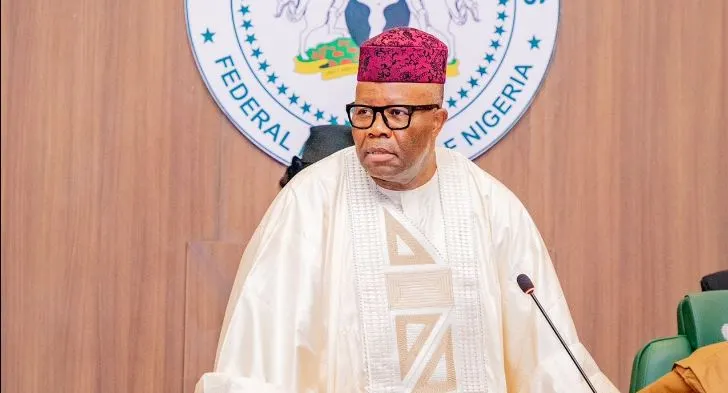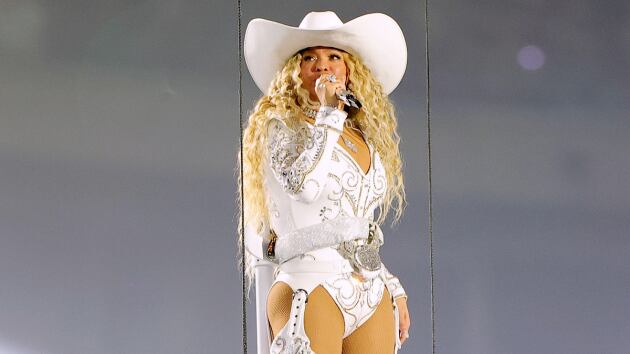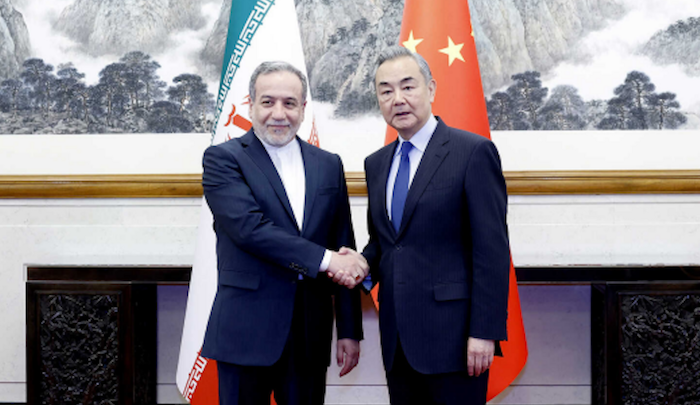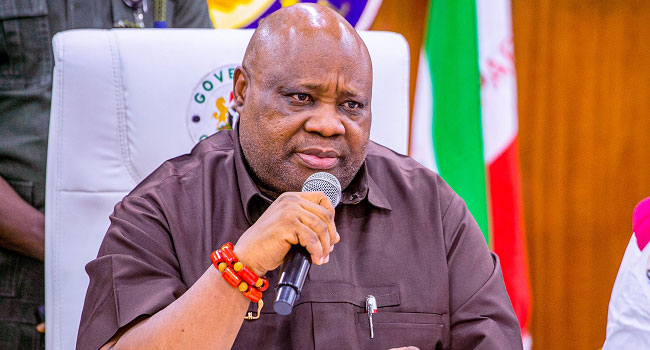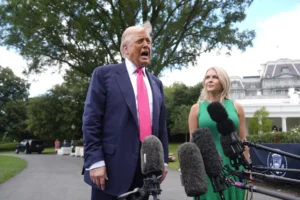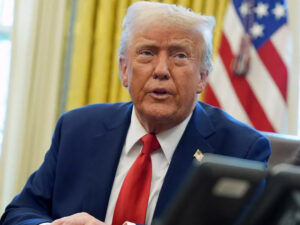President-elect Donald Trump announced plans to impose significant tariffs on China, Mexico, and Canada on his first day in office to pressure them into addressing illegal immigration and drug smuggling into the United States.
Trump stated he would sign an executive order implementing a 25% tariff on all goods from Mexico and Canada immediately after his inauguration on January 20, 2025. Additionally, he pledged a 10% tariff on imports from China “until it cracks down on fentanyl smuggling.”
The proposed measures could strain relationships with the US’s top three trading partners and potentially lead to higher costs for American consumers, as tariffs effectively act as taxes on imports. Together, China, Mexico, and Canada account for approximately 40% of the $3.2 trillion in goods the US imports annually.
China, which has previously defended its efforts to curb illegal drug trafficking, warned that escalating trade tensions would harm both nations. “There can be no winner in a trade war,” Chinese officials said.
Following Trump’s announcement, Canada’s Prime Minister Justin Trudeau discussed trade and border security with the president-elect, according to a Canadian source who described their exchange as a “good discussion.”
Meanwhile, Mexico’s finance ministry emphasized the importance of trade relations, stating, “Mexico is the United States’ top trade partner, and the USMCA provides a framework of certainty for national and international investors.”
Trump’s tariff threat marks a bold opening move in his upcoming presidency, signaling a willingness to leverage economic measures to address broader geopolitical issues.






